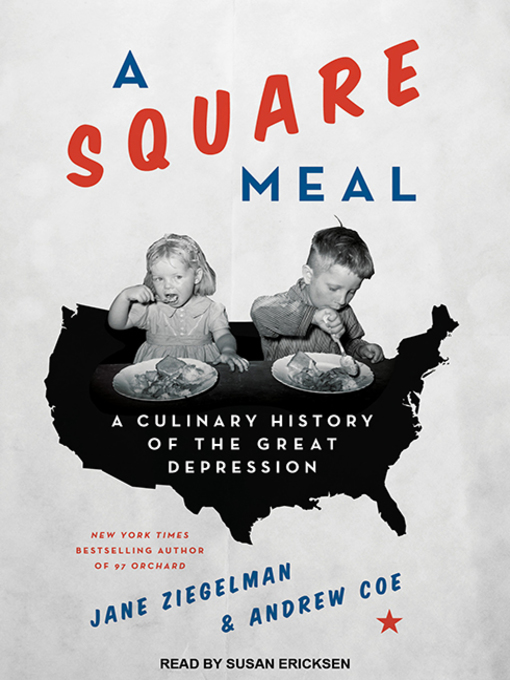-
Description
-
Creators
-
Details
-
Reviews

- Jane Ziegelman - Author
- Andrew Coe - Author
- Susan Ericksen - Narrator
OverDrive Listen audiobook
- ISBN: 9781515996286
- File size: 310570 KB
- Release date: December 20, 2016
- Duration: 10:47:01
MP3 audiobook
- ISBN: 9781515996286
- File size: 310600 KB
- Release date: December 20, 2016
- Duration: 10:51:00
- Number of parts: 12

Loading
Formats
OverDrive Listen audiobook
MP3 audiobook
subjects
Languages
English
